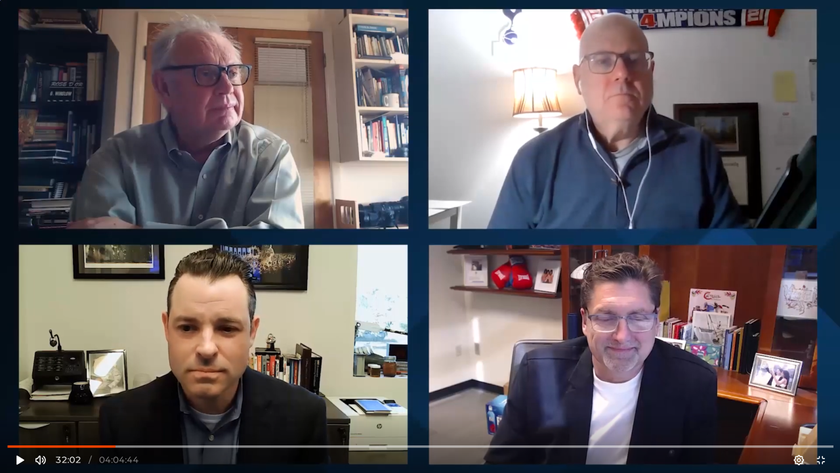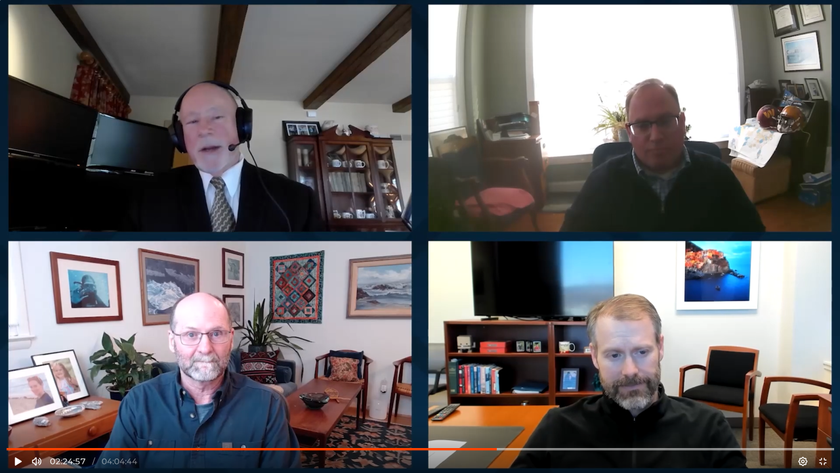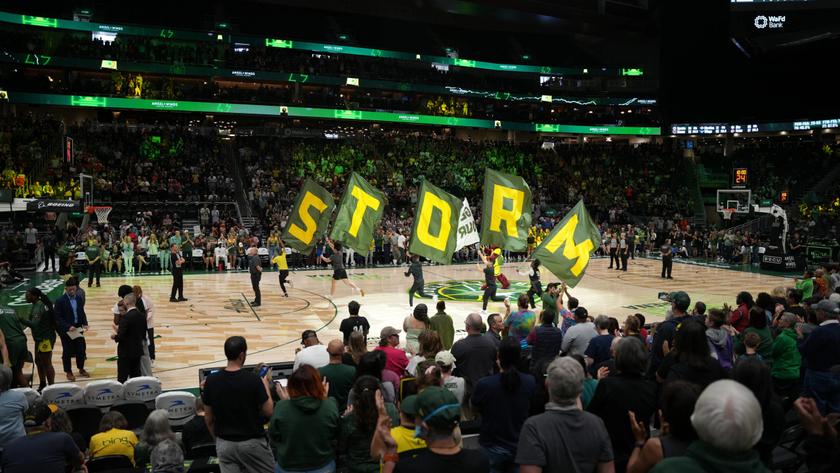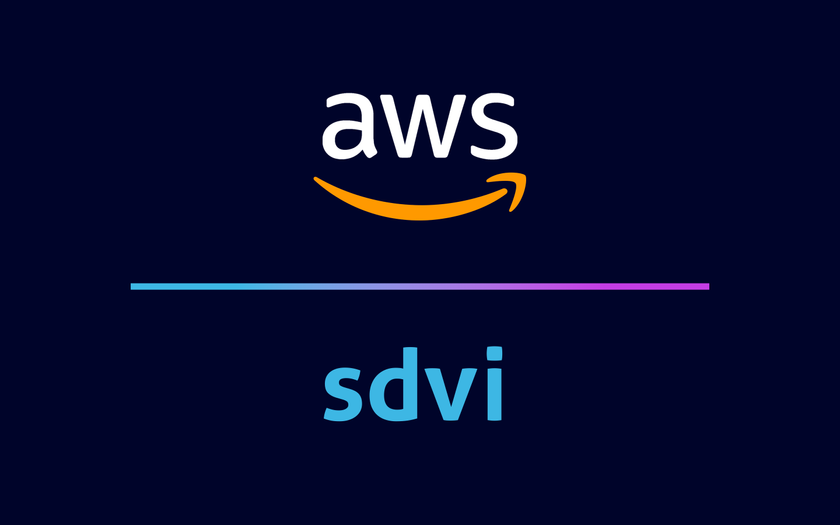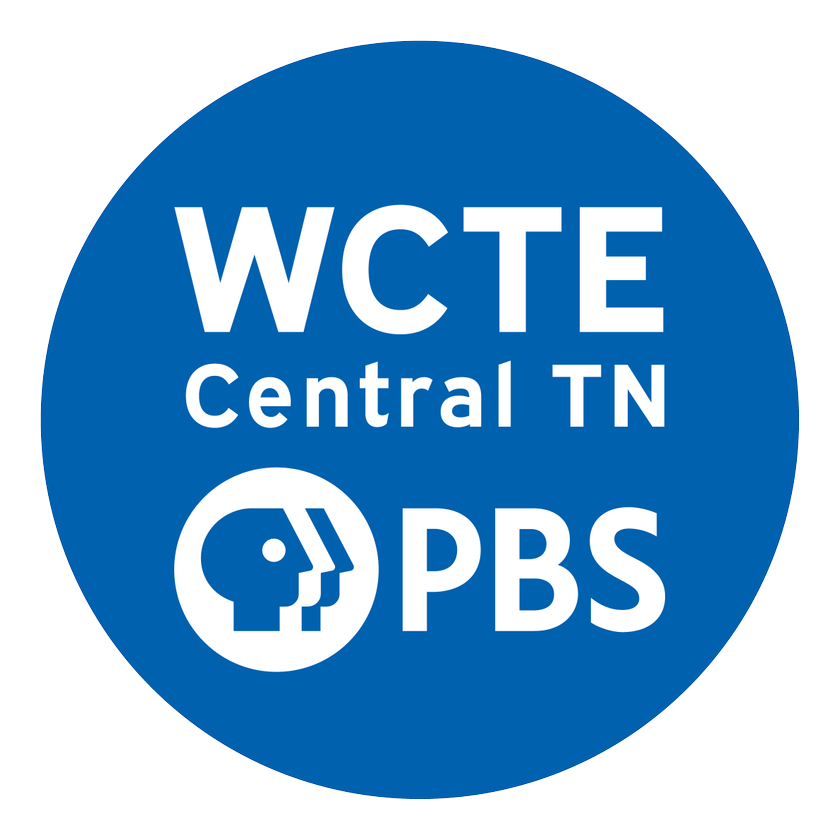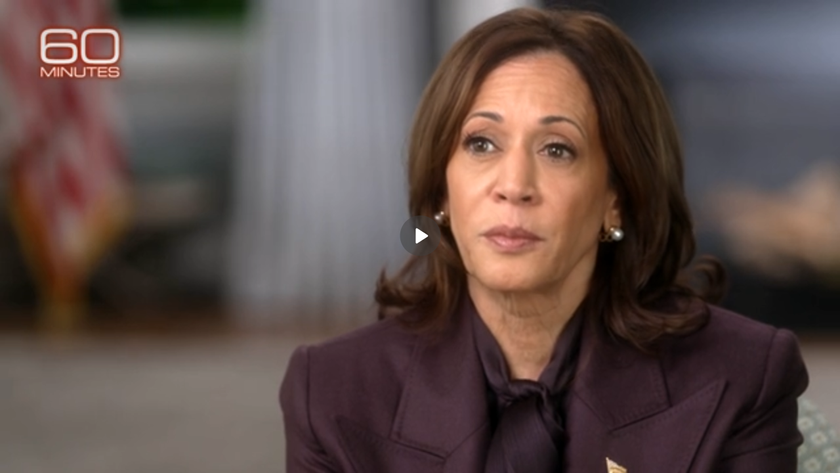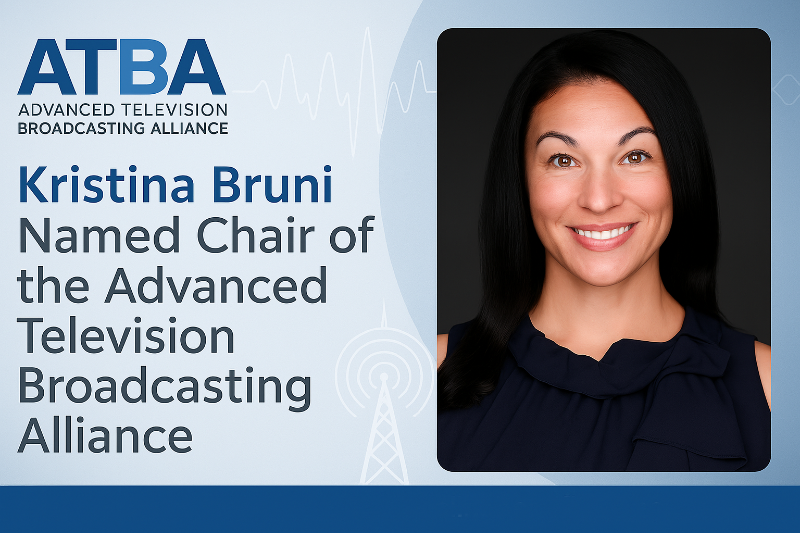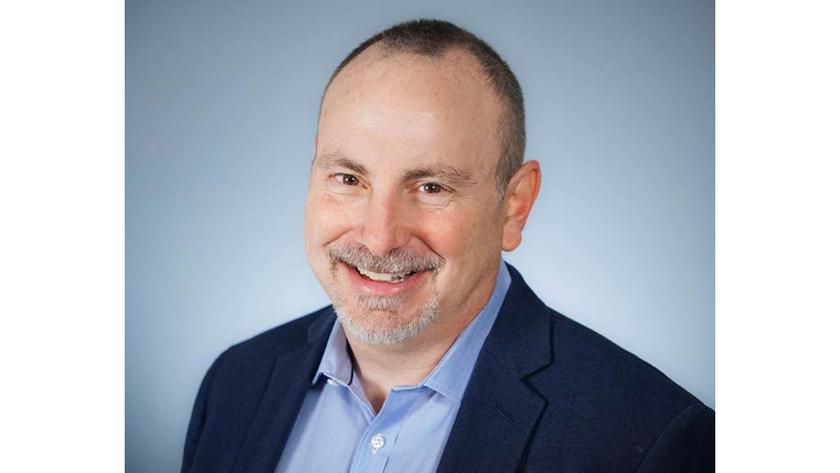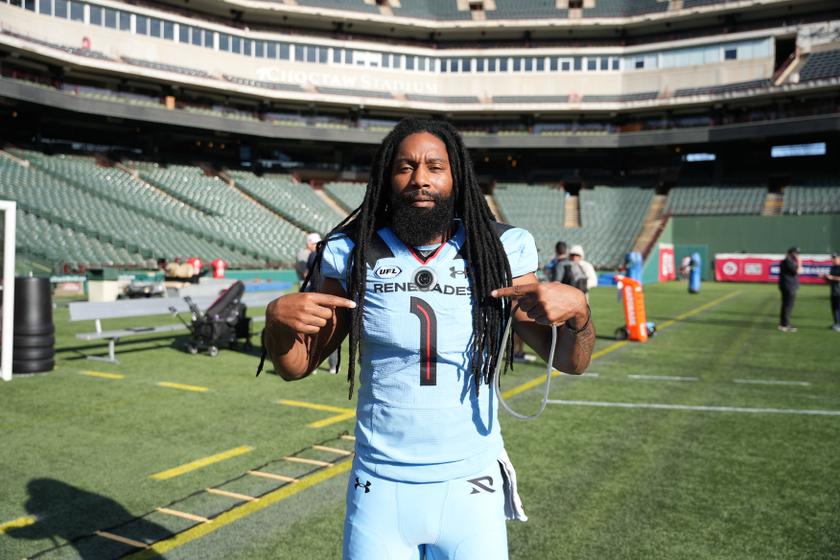NAB to honor Sterling Davis with TV engineering award
This year, the National Association of Broadcasters will honor Sterling Davis, VP of engineering at Cox Broadcasting, with its Television Engineering Achievement Award during the Technology Luncheon April 23 at the NAB Show in Las Vegas.
Davis began his broadcast career in 1967 after leaving the U.S. Navy as summer help for ABC Television in Los Angeles. Later that year, he moved on to KTTV, which at the time was owned by Metromedia, where he dealt daily with engineering issues related to production, master control, videotape machines and transmitters.
In his 42-year broadcast engineering career, Davis has seen and participated in many industry changing trends, including the conversion from black-and-white TV to color; the evolution of video editing from physically splicing 2in videotape through time-code based editing to digital, nonlinear editing; and the transition from analog to digital TV transmission. Two inventions in particular stand out for Davis as changing the direction of television operations. “One is automated tape machines, cart machines, that would play short messages back to back to back, which was a new and transformational type arrangement inside television stations,” he said.
The other is the rise of automation devices. “When I started at KTTV, we had an automation system that worked on punch cards, and each separate event was on a punch card,” he said. “You had to carry around punch cards and shuffle the deck if you wanted to change the sequence. That’s evolved into a fully automated plants that can run pretty much on their own these days.”
Dramatic transformations will continue into the future with far-reaching implications, Davis said. As chairman of the technical activities group of the Open Mobile Video Coalition since its formation in 2007 and chairman of the Association For Maximum Service Television's Engineering Committee, he should know.
“Mobility is where TV comes back to its roots as being a wireless service. Wireless television is an old concept that’s coming around into a moving device, and that’s a big transformation in the industry that will be rolling out over the next five years. It will make a significant difference in television broadcasting in the future,” he said.
“It’s great to be honored, but there are a lot of other people out there who work as hard as or harder than me in the industry,” he said.
Get the TV Tech Newsletter
The professional video industry's #1 source for news, trends and product and tech information. Sign up below.
That’s not surprising for a man who has spent his career encouraging the team of engineers in his organization and in the industry at large to work together to meet the challenges they face. “I think most of what I do is get people to work together, because I have the opinion that we are smarter as a group than we are individually,” Davis said. “I say that repeatedly to my engineers at Cox, and that also goes for whatever activities I am involved in in the industry.”
Phil Kurz is a contributing editor to TV Tech. He has written about TV and video technology for more than 30 years and served as editor of three leading industry magazines. He earned a Bachelor of Journalism and a Master’s Degree in Journalism from the University of Missouri-Columbia School of Journalism.

